Popular
How to Build the Perfect Oral Care Routine in 2025
Jul 30
Why Your Gums Bleed and How to Fix It Fast in 2025
Jul 30
Top 5 Oral Care Mistakes and How BrushO Fixes Them
Jul 29
What Makes a Toothbrush “Smart”?
Jul 22
BrushO Smart Toothbrush: Gentle, Powerful, Travel-Friendly
Jul 19
BrushO: The Future of Smart Oral Care—Redefining the Way You Brush
Jul 17
Back
How to Maximize Your Toothbrush Battery LifeOct 29
Oct 29
This guide walks you through proven tips to extend your electric toothbrush’s battery life, avoid early wear-out, and get the most out of each charge — especially with long-lasting models like BrushO’s 45-day battery.

Why Battery Care Matters for Your Electric Toothbrush
Electric toothbrushes have become smarter — and more powerful. But many users overlook one key factor: battery maintenance. Poor charging habits or storage conditions can shorten the battery's lifespan, reduce power output, and even impact cleaning performance. Whether you’re using a simple sonic brush or an AI-powered model like BrushO, protecting the battery helps you save money and avoid replacement hassles.
Understand Your Battery Type
Most Electric Toothbrushes Use Lithium-Ion (Li-Ion) Batteries
Li-Ion batteries offer higher energy density, faster charging, and longer life — but they also require smart handling. BrushO uses advanced battery technology that allows 45 days of usage on a 6-hour full charge, but performance depends heavily on your charging behavior.
Best Charging Practices to Extend Battery Life
1. Don’t Overcharge
Leaving your toothbrush on the charger 24/7? That could be slowly killing the battery. Even smart toothbrushes with overcharge protection may generate heat over time, which degrades the battery. Instead, unplug after a full charge (BrushO takes around 6 hours).
2. Avoid Complete Drainage
Letting your toothbrush die completely before every charge isn’t helpful. In fact, frequent deep discharges shorten Li-Ion battery life. It’s better to recharge your brush when it’s around 20–30% remaining.
3. Use QI Wireless Charging if Supported
BrushO supports QI wireless charging, making the process more efficient and reducing wear on charging ports. It’s also safer and reduces exposure to moisture around metal connectors.
Store Your Toothbrush Correctly
Keep It in a Cool, Dry Place
Heat is the enemy of all batteries. Avoid leaving your toothbrush in direct sunlight, near radiators, or on hot bathroom counters.
Use the Original Charging Base or Cable
Using incompatible third-party charging accessories may damage the battery. Stick with the official BrushO QI-compatible charger for optimal results.
Battery-Saving Features to Look For
When buying or upgrading your electric toothbrush, battery-saving features are worth the investment.
AI-Powered Brushing Intelligence
BrushO’s AI system automatically adjusts motor speed and pressure, using energy only when needed — enhancing efficiency.
Sleep or Auto-Off Mode
BrushO powers down when idle, preventing unnecessary energy drain even if you forget to manually shut it off.
How BrushO Gives You a Battery Edge
6-hour Fast Charging - Quick power-up, less heat exposure
45-Day Battery Life - Ideal for travel and busy routines
QI Wireless Charging - Safe, durable, convenient
Battery Efficiency AI - Smart power optimization
🛍️ Want to try it? Explore BrushO here
Final Tips for Long-Lasting Power
Avoid constant top-ups. Charge only when needed, not daily.
Clean charging contacts. Dirt and toothpaste buildup can block power transfer.
Use travel mode when flying. BrushO includes a travel lock feature to avoid accidental drain.
How to Master Smart Brushing with AI‑Powered Toothbrushes
Oct 30
Are You Overpaying for a Toothbrush?
Oct 29
Popular
How to Build the Perfect Oral Care Routine in 2025
Jul 30
Why Your Gums Bleed and How to Fix It Fast in 2025
Jul 30
Top 5 Oral Care Mistakes and How BrushO Fixes Them
Jul 29
What Makes a Toothbrush “Smart”?
Jul 22
BrushO Smart Toothbrush: Gentle, Powerful, Travel-Friendly
Jul 19
BrushO: The Future of Smart Oral Care—Redefining the Way You Brush
Jul 17
Recent Posts
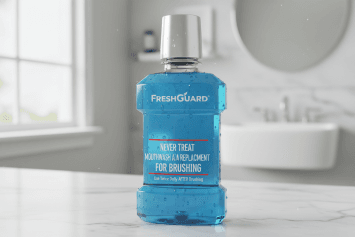
Never Treat Mouthwash as a Replacement for Brushing
Mouthwash may freshen your breath, but it can’t replace brushing. Learn why brushing remains essential for removing plaque and protecting gum health—even with daily mouthwash use.
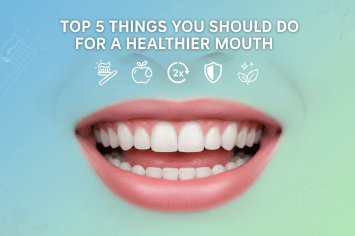
Top 5 Things You SHOULD Do for a Healthier Mouth
Discover the top 5 science-backed habits that promote a healthier mouth—better brushing, smart flossing, nutrition tips, hydration, and regular dental visits. Boost your oral hygiene and full-body health with consistent care.
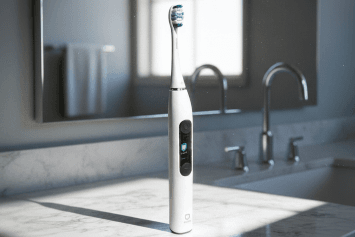
Smart Brushing Habits to Help You Age Gracefully
Discover smart brushing habits that support healthy aging. Learn how proper brushing techniques, timing, and technology like AI toothbrushes help protect your gums, enamel, and overall health as you age.
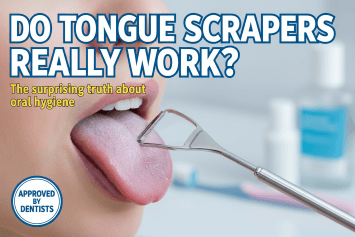
Do Tongue Scrapers Really Work?
Do tongue scrapers actually work? Discover the science behind tongue cleaning, how it improves breath, reduces bacteria, and whether it’s worth adding to your daily oral hygiene routine.
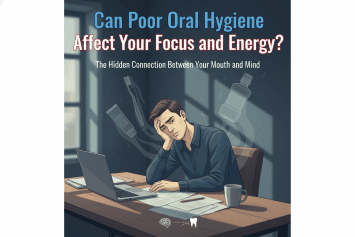
Can Poor Oral Hygiene Affect Your Focus and Energy?
Can poor oral health drain your focus and energy? Discover the surprising science connecting dental hygiene to brain fog, fatigue, and productivity. Backed by expert research and smart brushing strategies.
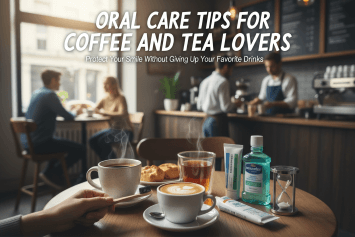
Oral Care Tips for Coffee and Tea Lovers
Love coffee or tea but worried about stains and enamel erosion? Learn science-backed oral care tips to protect your teeth while still enjoying your favorite drinks. Perfect for BrushO smart toothbrush users.
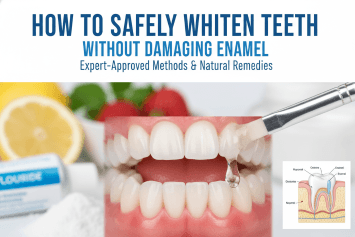
How to Safely Whiten Teeth Without Damaging Enamel
Want a brighter smile without harming your enamel? Discover dentist-approved teeth whitening methods that are safe, effective, and compatible with smart toothbrushes like BrushO.
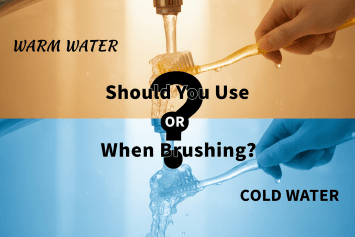
Should You Use Warm or Cold Water When Brushing?
Wondering whether to use warm or cold water when brushing your teeth? Discover the pros and cons of each, backed by dental science—and how smart toothbrushes like BrushO adapt to your oral health needs.
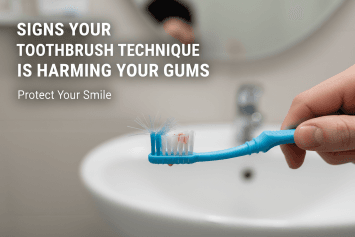
Signs Your Toothbrush Technique Is Harming Your Gums
Are you brushing your teeth the wrong way? Learn the surprising signs your toothbrush technique may be harming your gums—and how smart toothbrushes like BrushO can help you brush safer and smarter.
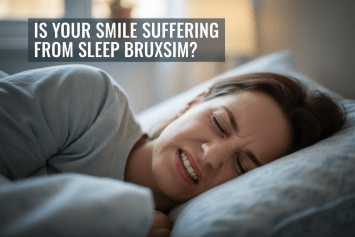
Is Your Smile Suffering from Sleep Bruxism?
Sleep bruxism—nighttime teeth grinding—can silently damage your smile. Learn how to recognize symptoms, prevent long-term oral harm, and how smart toothbrushes like BrushO can support bruxism management.
